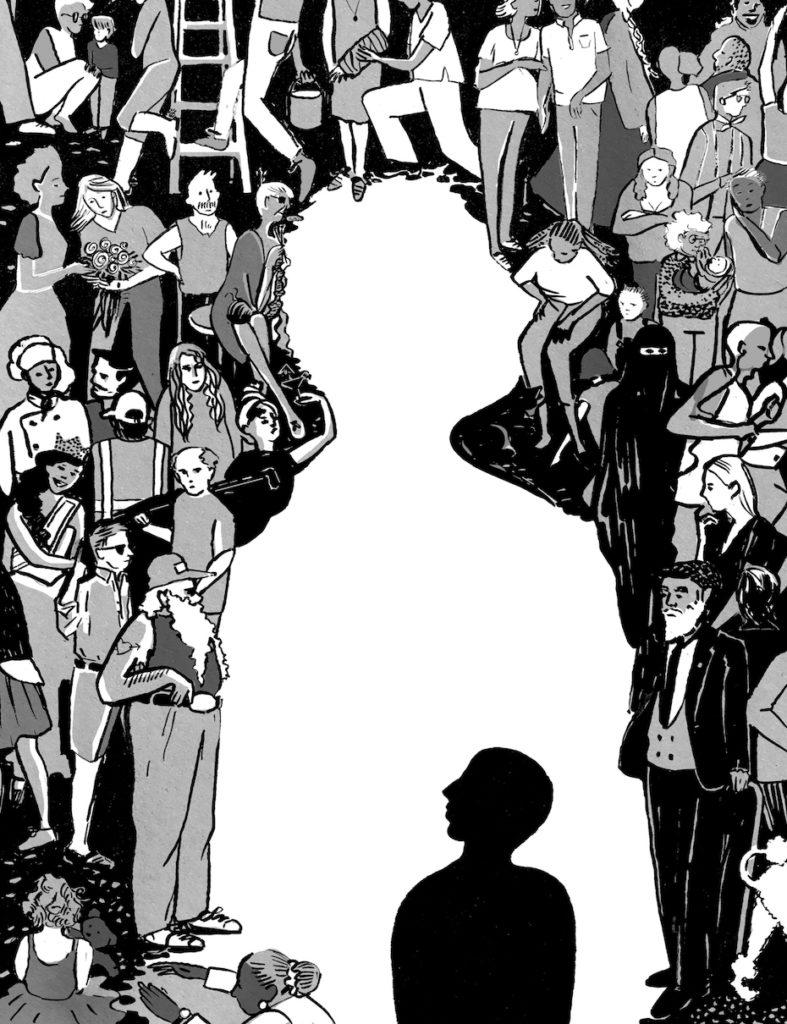Before college, I considered myself very passionate about politics. Then I met my freshman year roommate and realized that in D.C., students measure political passion on an entirely different scale than I had at my high school in western Massachusetts. I was impressed and, admittedly, intimidated when my roommate mentioned she was planning to take a semester off to work for a campaign in 2016 – three full years away at that point. I hadn’t so much as registered to vote, let alone spent a summer as a campaign fellow, as she had during the 2012 election.
This year, some students are returning to GW — the most politically active campus in the U.S. — fired up about the 2016 election. Others may feel like they can hang back and let the more excited and experienced people, like my former roommate, take care of the activism – which is how I used to feel. But no matter your academic or personal background, you can and should get involved in the election this fall. Your vote and participation in activities, like volunteering for a campaign, will not only contribute to the overall democratic process but may even lead to a career opportunity doing something you may not have considered before.

Whether you’re interested in math, photography, party planning, writing, computer science or design, there are countless ways to apply your individual skill set to this election. And leaders of organizations like GW College Democrats and GW College Republicans welcome people with interests other than politics.
Allison Coukos, the director of public relations for College Republicans, and Lande Watson, the president of College Democrats, both said their respective organizations are stronger when students with a variety of views and fields of study get involved with their organizations.
“Without non-political science majors in our organizations, we wouldn’t benefit from the diverse stories, backgrounds and ideas that come from our members who study anything from philosophy to international affairs to neuroscience,” Watson said.
And if you’re looking for an easy way to get involved, there are tons of events already planned. Attending National Voter Registration Day, guest speaker panels or debate watch parties are straightforward ways to experience election energy while interacting with students who have ranges of skills and opinions. These events provide an accessible way to learn about the election and how political groups function.
And for students who are iffy about joining political organizations, it’s important to know how each group interacts with students on campus. Students can have differing opinions and experiences without being divisive.
“The best way to avoid divisions within the GW community is to be respectful and tolerant of the views of our peers,” Coukos said. “As with other differences, we don’t have to agree, but we should respect everyone’s right to have their own views.”
It’s important to acknowledge, too, that the fundamentally partisan character of political activities and organizations will not appeal to everyone — and that’s OK. There is potential for other organizations to engage students in more creative election-related activities that aren’t geared toward supporting a specific party.
For example, a photography or comedy organization could encourage members to come up with artistic interpretations of candidates and their supporters. Politics has long been a source of inspiration for artists — think of the famous “Hope” poster that became the image of U.S. President Barack Obama’s 2008 campaign or the Trump statues that appeared in several cities in August — as well as comedians, writers and entrepreneurs.
The GW Math and Stat Association could give students opportunities related to the presidential election. Why not invite Washington pollsters to talk to members of different student organizations about their careers in the field? Campaigns are increasingly trying to attract students with math and computer skills to come up with data-driven solutions to issues, like low voter turnout among young people.
Once we look beyond the headlines lamenting the divisiveness of this election on a national level, we can see that at GW, there are ways all types of people can come together to engage in the political process.
Margot Besnard, a senior majoring in political science, is a Hatchet columnist. Want to respond to this piece? Submit a letter to the editor.





